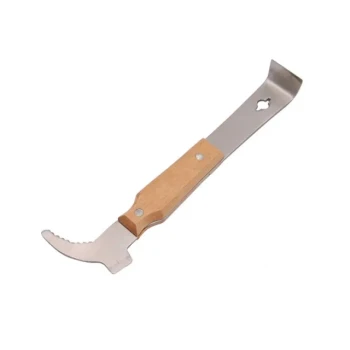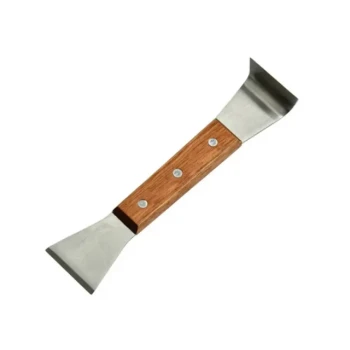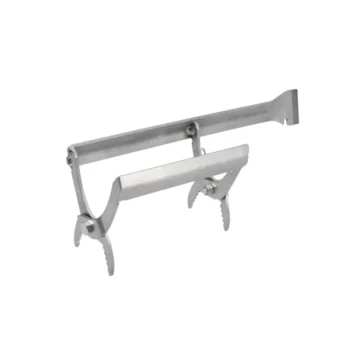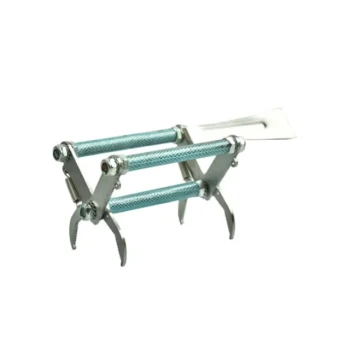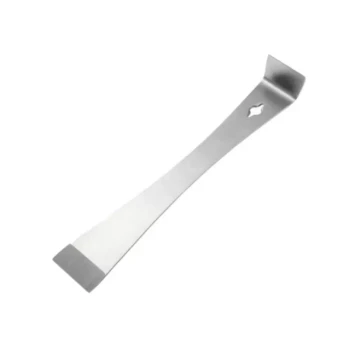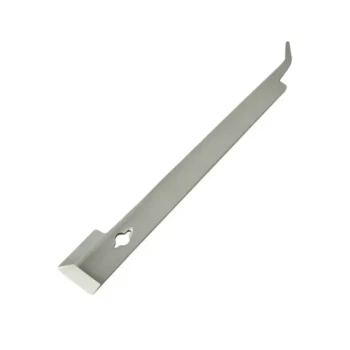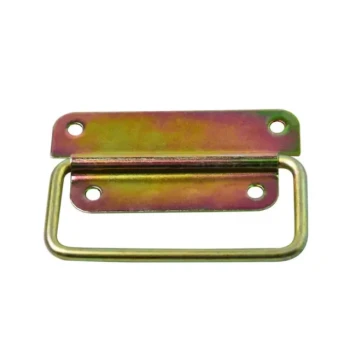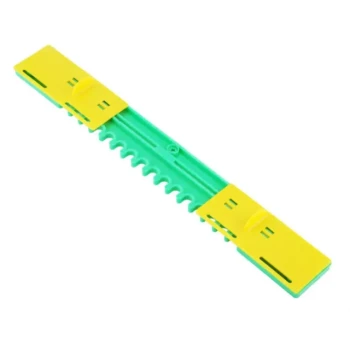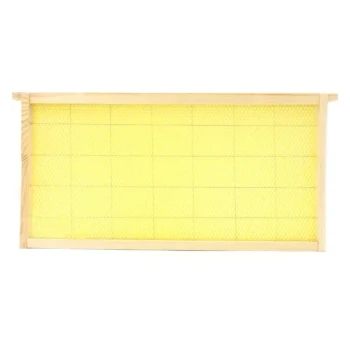Starting a hive with a nucleus colony, or "nuc," is widely considered the most reliable method for a new beekeeper. A nuc provides a pre-established, functioning colony with a laying queen, workers, and brood (developing bees) on drawn-out comb, giving your new hive a significant head start and dramatically increasing its chance of success in the first year.
A nucleus colony isn't just a collection of bees; it's a miniature, working hive. Choosing a nuc is an investment in stability, providing a proven queen and established comb that allows the colony to expand rapidly with far less risk than starting with a package of loose bees.
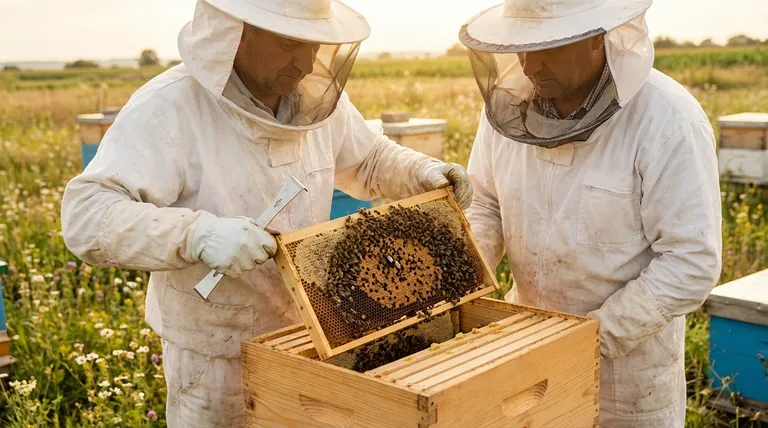
What Defines a Nucleus Colony?
A nuc is a small, complete honey bee colony, typically containing three to five frames. It's a snapshot of a larger, healthy hive, specifically prepared by a beekeeper for sale or for making splits.
A Miniature, Functioning Hive
Unlike a package of bees, which is essentially a box of unrelated individuals with a caged queen, a nuc is a cohesive family unit. The bees are already working together, tending to the queen and the brood.
Key Components on Established Comb
A standard nuc includes all the essential elements for a colony to thrive:
- A proven, laying queen: She is already accepted by the workers and actively laying eggs.
- Brood of all ages: This includes eggs, larvae, and capped pupae, ensuring a continuous cycle of new bees will emerge.
- Adult worker bees: These bees perform all the necessary tasks, from foraging to nursing.
- Food stores: The frames will contain honey (carbohydrates) and pollen (protein) to feed the colony.
- Drawn comb: The wax foundation is already built out, a huge energy-saver for the bees.
The Primary Advantages of a Nuc
The structure of a nuc provides several powerful benefits that directly translate to a more robust and resilient hive, especially during the crucial first season.
The Immediate Head Start on Growth
A nuc gives you a 21-day head start over a package of bees. Because a nuc already contains brood in all stages of development, new worker bees are emerging from day one. In a package, you must wait at least three weeks for the queen's first eggs to develop into adult bees.
This continuous emergence of new workers in a nuc means the population grows exponentially, allowing them to begin foraging for nectar and pollen in significant numbers almost immediately.
A Proven, Accepted Queen
One of the biggest risks when starting a new hive is queen acceptance. In a package, the queen is kept in a small cage and introduced to thousands of unrelated bees. They may reject and kill her, setting your colony back weeks and costing you money.
In a nuc, the queen is the mother of the bees around her. She is already accepted and laying, which removes this major point of failure.
The Value of Drawn Comb
Bees must consume roughly eight pounds of honey to produce just one pound of wax. A nuc provides several frames of pre-drawn comb, saving the colony a tremendous amount of energy.
Instead of spending their initial resources building wax, the bees can immediately use that comb to store food and raise new brood, channeling all their energy into population growth.
Reduced Initial Stress on the Colony
Installing a nuc is a calm and straightforward process. You simply transfer the frames from the nuc box into your full-sized hive in the same order. This minimizes stress on the bees.
Installing a package, by contrast, involves shaking and dumping thousands of disoriented bees into a new box, a far more disruptive event for the colony.
Understanding the Trade-offs
While nucs are an excellent choice, it's important to understand their limitations to make a fully informed decision.
Higher Initial Cost
A nucleus colony is almost always more expensive than a package of bees. You are paying a premium for the established brood, drawn comb, and the reduced risk that a proven, accepted queen provides.
Limited Availability and Transport
Nucs are typically produced by local beekeepers and have a limited supply, often selling out months in advance. Because they contain delicate brood and comb, they cannot be shipped long distances easily, unlike packages. This means your purchasing options are often geographically limited.
The Risk of Inherited Pests or Disease
Because you are receiving frames from another beekeeper's apiary, there is a small but real risk of inheriting pests like Varroa mites or, in rare cases, spores from diseases like American Foulbrood.
It is absolutely critical to purchase your nuc from a highly reputable, certified supplier who follows best practices for pest and disease management.
Making the Right Choice for Your Goal
Ultimately, the choice between a nuc and a package depends on your priorities as a beekeeper.
- If your primary focus is reliability and a faster start: Choose a nucleus colony from a reputable local supplier, as it provides the greatest chance of success for a first-year hive.
- If your primary focus is minimizing initial cost and you are comfortable with more hands-on management: A package of bees can be a viable option, provided you understand the risks of queen acceptance and the slower growth curve.
By starting with a nucleus colony, you are setting your bees up for success with a stable foundation from the very first day.
Summary Table:
| Advantage | Key Benefit |
|---|---|
| Proven, Accepted Queen | Eliminates risk of queen rejection, ensuring a stable, laying monarch from day one. |
| Drawn Comb | Saves bees immense energy (8 lbs honey/lb wax), allowing immediate focus on brood and food storage. |
| 21-Day Head Start | Brood in all stages means new bees emerge immediately, leading to exponential population growth. |
| Reduced Stress | Gentle frame transfer is far less disruptive than shaking loose bees into a new hive. |
Ready to build a stronger, more successful apiary?
Starting with a high-quality nucleus colony is the first step toward a thriving beekeeping operation. At HONESTBEE, we supply commercial apiaries and beekeeping equipment distributors with the reliable supplies and equipment needed to support this superior method. From durable nuc boxes to essential hive tools, we provide the foundation for your success.
Contact our wholesale experts today to discuss how our products can help you and your customers achieve greater hive vitality and productivity.
Visual Guide
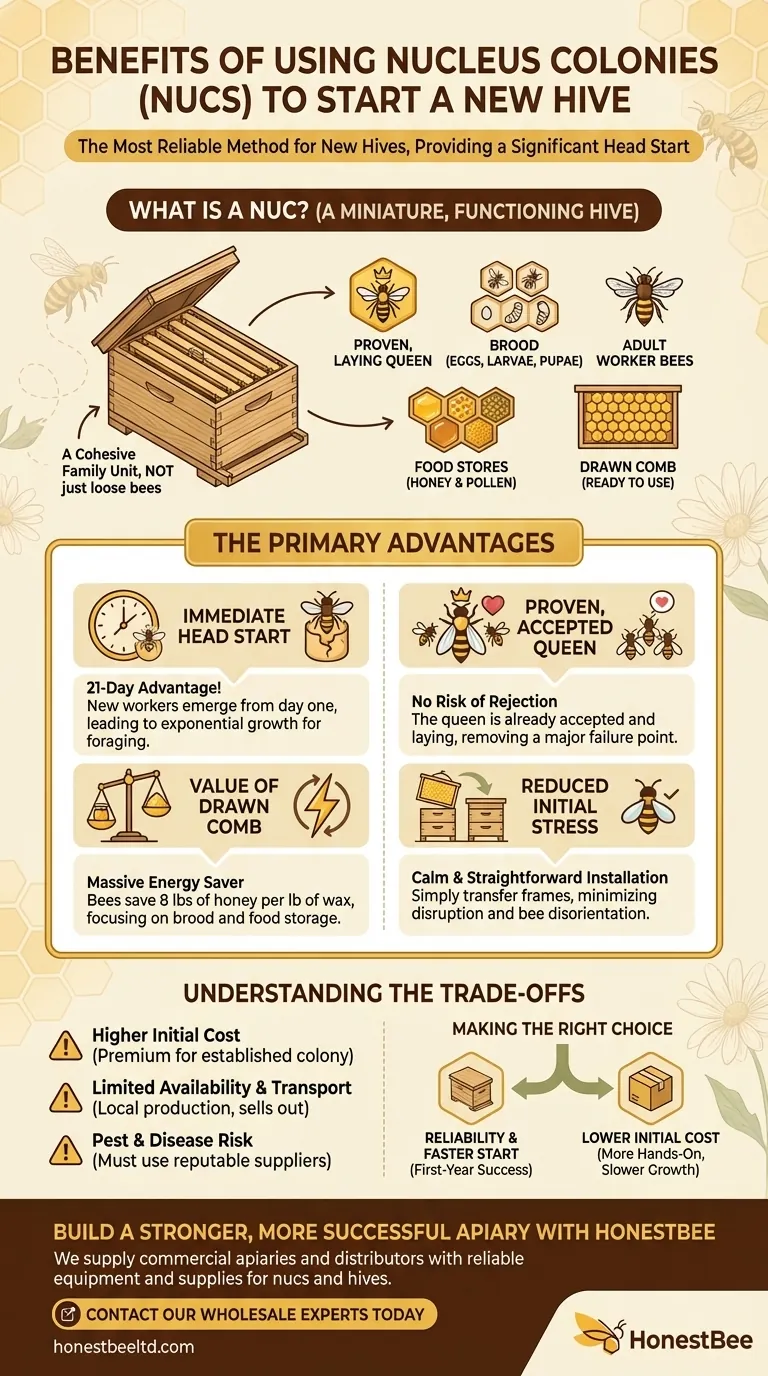
Related Products
- HONESTBEE Professional Long Handled Hive Tool with Precision Cutting Blade
- HONESTBEE Professional Multi-Functional Hive Tool with Ergonomic Wood Handle
- HONESTBEE Advanced Ergonomic Stainless Steel Hive Tool for Beekeeping
- Professional Dual-End Stainless Steel Hive Tool for Beekeeping
- Multi-Function Plier-Style Frame Grip Hive Tool
People Also Ask
- What are the basic tools for beekeeping? Essential Starter Kit for Safe & Successful Hive Management
- What are the core process advantages of professional hive-making machinery? Scaling Commercial Apiaries with Precision
- What are the difficulties of conducting a beehive inspection without a hive tool? Avoid Propolis and Colony Stress
- What is a hive tool used for in beekeeping? Your Essential Guide to Hive Management
- Why use professional beekeeping tools for beehive inspections? Crucial Support for Pollinator Protection Policies

